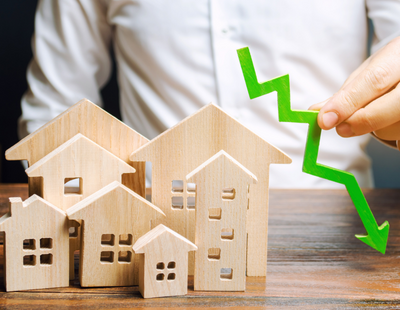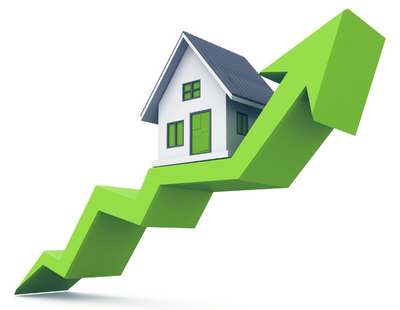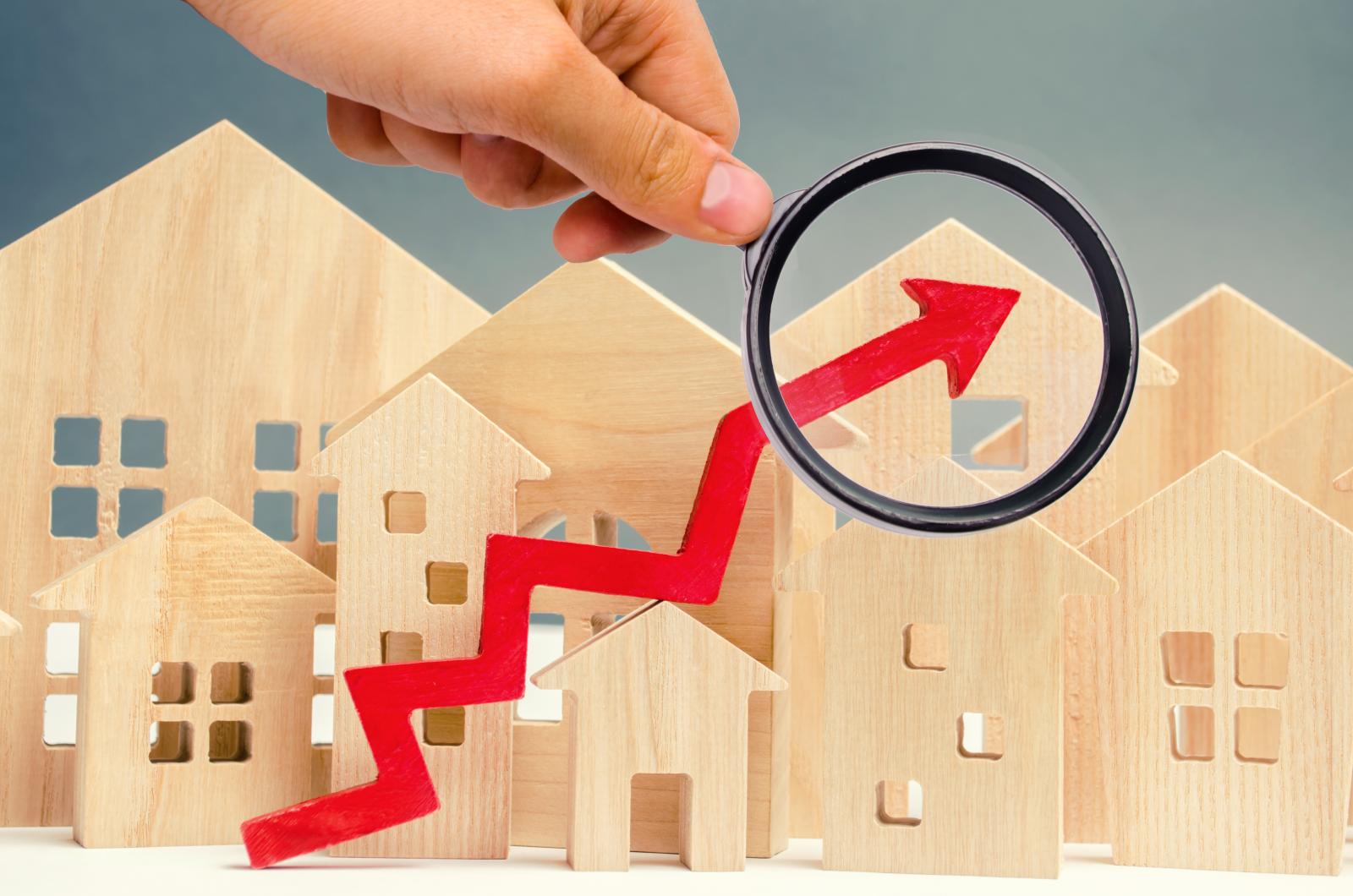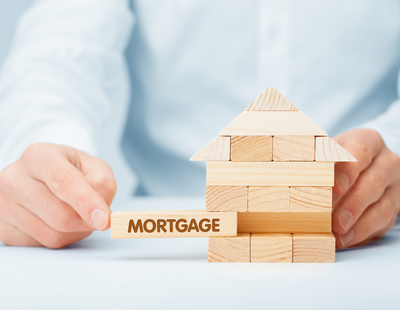Property price inflation weakened across all buyer types during October, with annual price growth among homemovers falling from 10.3% to 8.9%.
Annual growth for first-time buyers fell from 10.1% to 7.5%.
Kim Kinnaird, director of Halifax Mortgages, said: “Though the recent period of rapid house price inflation may now be at an end, it’s important to keep this is context, with average property prices rising more than £22,000 in the past 12 months, and by almost £60,000 or 25.7% over the past three years, which is significant.
“While a post-pandemic slowdown was expected, there’s no doubt the housing market received a significant shock as a result of the mini-Budget which saw a sudden acceleration in mortgage rate increases.
“While it is likely that those rates have peaked for now – following the reversal of previously announced fiscal measures – it appears that recent events have encouraged those with existing mortgages to look at their options, and some would-be homebuyers to take a pause.”
She said the rising cost of living coupled with already stretched mortgage affordability is expected to continue to weigh on activity levels, adding: “With tax rises and spending cuts expected in the Autumn Statement, economic headwinds point to a much slower period for house prices.
“While certain longer-term, structural market factors which support higher house prices – like the shortage of available properties for sale – are likely to remain, how significantly prices might ultimately adjust will also be determined by the performance of the labour market.
“Currently joblessness remains historically low, but with growing expectations of the UK entering a recession, unemployment is expected to rise. Whilst it may not spike to the same extent as seen in previous downturns, history tells us that how this picture develops in the coming months will be a key determinant of house price performance into next year and beyond.”
Commenting on the data, Tom Bill, head of UK residential research at Knight Frank, said: “There was a sharp intake of breath in the UK housing market last month due to the impact of the mini-Budget but that doesn’t mean prices are now on a steeper downwards trajectory.
“We expect mortgage rates to calm down in the short-term as financial markets respond to the new government but it’s a fair assumption that house prices have peaked following growth of more than 20% during the pandemic.
“After 13 years of ultra-low borrowing costs, anyone buying a house or re-mortgaging will recognise the ground has shifted, which is the reason we expect prices to fall back to the level they were at in summer 2021.”
Nathan Emerson, chief executive of agency trade body Propertymark, took a slightly more positive view on the figures.
He said: “The latest Halifax House Price Index continues to show a fall away in house prices which, alongside additional help from the new higher Stamp Duty threshold, will now see the purchasing power of first-time and other homebuyers improved.
“There are also more homes for sale coming to the market which is providing buyers with a greater choice. This will therefore mean they can be more level-headed with the offers they're putting forward which will naturally see a softening in prices being achieved over the next few months.”
















.png)


.jpg)




.png)



Join the conversation
Be the first to comment (please use the comment box below)
Please login to comment